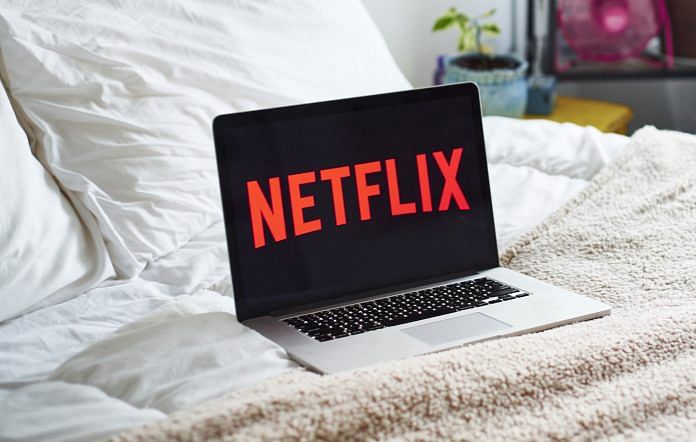Teens not damaged by screen time, even before bed, says study
A study has suggested that screen time, even before bed, does not affect or disrupt a teenager’s mental and physical health, a finding quite at odds with conventional wisdom. The Oxford study, which was performed on 17,000 children from the US, the UK, and Ireland, questions previous studies suggesting otherwise, and claims that they relied more on anecdotal evidence. More on Psychological Science.
A new planet around our nearest star
Our closest stellar neighbour, Proxima Centauri, which is a part of the Alpha Centauri system, might have not one but two planets orbiting it. While the first planet could potentially be habitable, this one is far too cold for life, say the astronomers. More on Nat Geo.
LIGO spots another gravitational wave days after being turned on
The Laser Interferometer Gravitational-Wave Observatory (LIGO), US, has spotted another gravitational wave from two black holes colliding. The finding, which comes just a week after LIGO was turned on following months of upgrades, was made in collaboration with the Virgo gravitational wave observatory in Italy. More in this succinct New Scientist piece.
Also read: The world gets its first look at a black hole. Here’s how we got there
A new human ancestor species discovered in Philippines
Scientists in Philippines have identified a new extinct ancestor of human beings, called Homo luzonensis. The Homo luzonensis was less than five feet tall and lived between 50,000 and 67,000 years ago, alongside other human species such Denisovans, Neanderthals, and early Homo sapiens. Smithsonian has the details.
Falcon Heavy lands 3 rocket boosters simultaneously
Three rocket boosters that flew the Space X Falcon Heavy, one of the world’s most powerful rockets, on its second-ever launch Thursday landed back on earth simultaneously. Two of them landed on land beside each other, while the third landed on sea. The New York Times has the details.



